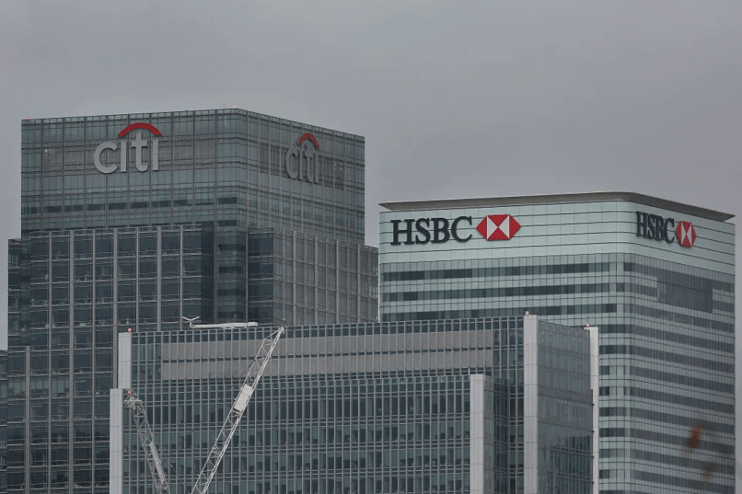

The number of staff employed by UK banks saw its biggest increase in a decade last year, new data shows, as headcount returned to pre-pandemic levels and lenders enjoyed record profits.
UK banks employed 612,519 people globally in 2023, according to figures compiled by trade publication The Banker.
This number is up by just over 21,000, or 3.56 per cent, from 591,435 in 2022 and marks the biggest increase since the dataset started in 2013.
Still, headcount has plummeted 20 per cent, equating to around 154,000 job losses, over the decade as lenders try to become more cost-efficient and improve returns.
Across the broader industry, 20 of the world’s biggest banks slashed more than 60,000 jobs last year. Investment banks were forced to reverse much of the heavy hiring they did immediately after Covid-19 lockdowns as higher borrowing costs and geopolitical tension weighed on dealmaking and capital markets activity.
Elsewhere, UK lenders including TSB and Lloyds have recently cut jobs across their branch networks in a bid to reduce costs and embrace the prevailing shift to online banking. Barclays jettisoned 5,000 roles worldwide in 2023 as part of a wider restructuring.
Last year’s hiring spree came as interest rate hikes from the Bank of England propelled UK lenders’ pretax profits to a record high of $72bn (£56bn) in 2023, up 36 per cent from 2022, according to the Banker’s Top 1,000 World Banks report.
UK bank profits outperformed both France, which saw earnings of $49bn (£38bn), and other European peers. HSBC, Europe’s largest bank, accounted for more than 40 per cent of the UK total.
Investec Bank, the British arm of South African group Investec, came out on top in The Banker’s UK league table, measuring banks’ performance based on factors like growth, profitability and leverage.
It was followed by HSBC, Coventry Building Society, Nationwide, Lloyds Banking Group, Natwest, Yorkshire Building Society, Standard Chartered, Barclays and Virgin Money.
Silvia Pavoni, The Banker’s editor-in-chief, said: “There were no surprises after the UK general election, and banks will be hoping that this will continue as a Labour government settles in and implements its financial services plan.
“Stability will be a key word. British lenders have had a healthy year in 2023, but the attractiveness of the UK as a financial centre will continue to be challenged.”





